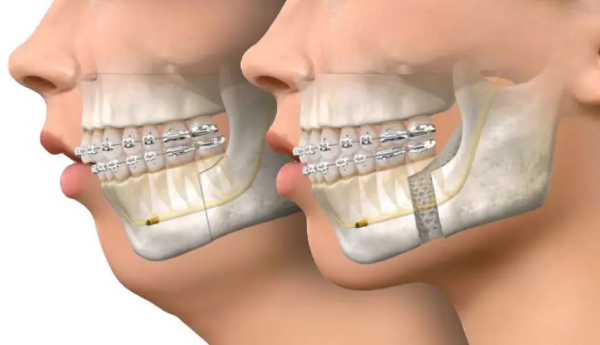Face and Jaw Surgery in Iran
What is face and Jaw ( Maxillofacial ) Surgery?
Face and jaw surgery, also known as oral and maxillofacial surgery, is a type of surgical procedure that focuses on treating conditions, injuries, and defects in the head, neck, face, jaw, and mouth. This area of surgery encompasses a broad range of surgical procedures that are performed to correct both functional and cosmetic issues.
Maxillofacial surgery is performed by oral and maxillofacial surgeons who have specialized training in both dentistry and surgery. These professionals work in collaboration with other healthcare providers, such as neurosurgeons, plastic surgeons, and otolaryngologists, to provide comprehensive care for patients.
Some common conditions that may require face and jaw surgery include facial trauma, facial deformities, jaw misalignment, and facial infections. The surgery may involve realigning or reshaping the jaw, repairing facial fractures, removing tumors, or reconstructing damaged facial bones.
In addition to treating medical conditions, maxillofacial surgery can also be used to improve the appearance of the face and jaw. Cosmetic procedures may include chin implants, jaw contouring, and facelifts.
What Are the Different Types of Face and Jaw Surgery?
Common maxillofacial surgery procedures include:
Orthognathic Surgery: This type of surgery is used to correct misaligned jaws and improve bite function. Orthognathic surgery involves cutting and reshaping the jawbone to realign it in a more optimal position.
Facial Trauma Surgery: This type of surgery is used to treat injuries to the face, such as fractures, lacerations, and soft tissue damage.
Dental Implant Surgery: Dental implant surgery involves placing artificial teeth roots into the jawbone to support replacement teeth.
Reconstructive Surgery: This type of surgery is used to repair defects in the head and neck area caused by birth defects or trauma.
Temporomandibular Joint (TMJ) Surgery: TMJ surgery is used to treat problems with the jaw joint that cause pain, discomfort, and limited movement.
Sleep Apnea Surgery: This type of surgery is used to treat sleep apnea by removing excess tissue from the throat to improve airflow during sleep.
These are just some of the reasons why someone may require maxillofacial surgery. If you are experiencing any of these issues or other problems related to the head, neck, face, jaws, or oral cavity, it is important to consult with a qualified maxillofacial surgeon to determine the best course of treatment.

Frequently ask questions about face & jaw surgery in iran
How Much Does Face and Jaw Surgery Cost in iran ?
The price of face & jaw Surgery in Iran can vary according to each individual’s case and type of surgery you undergo. So, if you are looking for the cost Oral and Maxillofacial Surgery in Iran, you can contact us and get free consultation from us .
How Can I Find A Qualified Face and Jaw Surgeon in iran ?
It is important to do your research and choose a surgeon who is board-certified and has experience performing the specific procedure you are considering. So, it is a good idea to schedule a consultation with us today!
Will jaw surgery in iran change my face?
In case of corrective jaw surgery, the aim is to give a balanced appearance of your lower face. This corrective alignment will thus improve a lot many things like chewing, swallowing, breathing and other functionalities of teeth. The surgery has other health benefit like improved sleep.
How much weight do you lose after jaw surgery?
Following your surgery and throughout the post-operative recovery period, especially if your jaw is wired shut, you could lose as much as 10 percent of your body weight.
How long are you on a liquid diet after jaw surgery in iran?
After the jaw surgery in iran , you will need to follow a liquid or pureed diet until your jaw has healed. This usually takes about 4 to 6 weeks.
Which Age Is Best for Face Surgery?
There is no specific age that is considered the best for face surgery, as it can depend on a variety of factors such as the individual’s overall health, specific concerns they want to address, and their goals for the procedure. In general, many facial procedures are performed on patients who are in their 30s to 50s, although some may choose to have surgery earlier or later in life. While it is more commonly performed on adults, in certain cases, it may be necessary to perform this type of surgery on children as well. One common reason for maxillofacial surgery in children is to correct a birth defect or a facial deformity caused by injury or disease. For example, cleft lip and palate, a condition in which the upper lip and roof of the mouth fail to develop properly, is often corrected through maxillofacial surgery. Other conditions that may require surgery in children include facial trauma and jaw misalignment.
How Painful Is Jaw Surgery?
Jaw surgery can cause discomfort and pain, which can vary depending on the individual and the surgery. The surgeon will prescribe pain medication to help manage the pain during the recovery period.
Does jaw surgery in iran leave a scar?
Corrective jaw surgery in iran is generally performed entirely inside the mouth, therefore, no external scars are produced other than a very small, less than ½ inch neck incision is required for placement of jaw screws to stabilise bone fragments.
Do you need braces after jaw surgery?
This surgery is performed for correcting the bite. Thus braces are necessary both at the beginning and the end phase of the treatment. Braces help in alignment of the bite by moving your teeth and the jaw bones.
What Are the Risks and Potential Complications Associated with Face and Jaw Surgery?
As with any surgery, there are risks and potential complications associated with these procedures. These risks may include;
-
Pain and discomfort
-
Swelling
-
Infection
-
Bleeding
-
Nerve damage
-
Scarring
-
Malocclusion
-
Anesthesia risks
